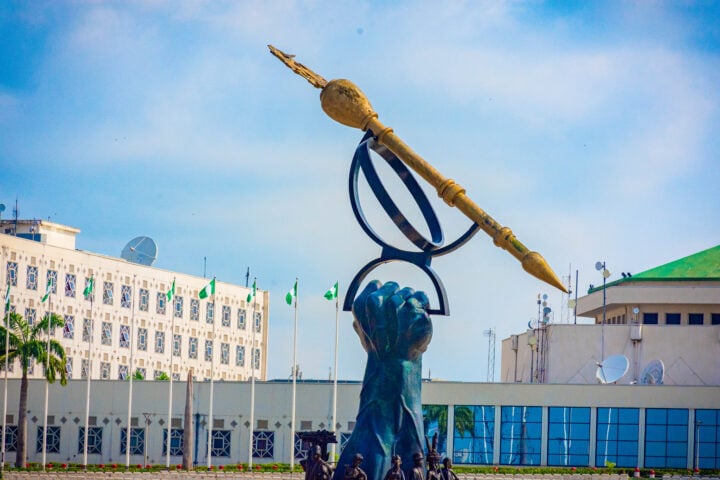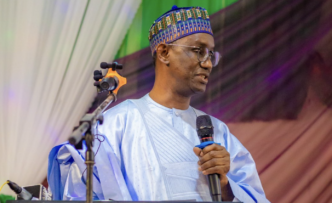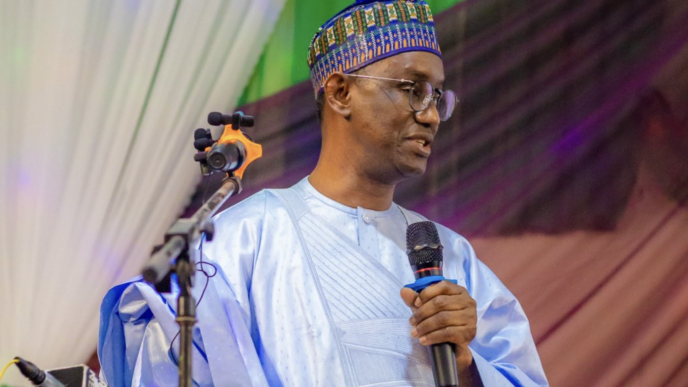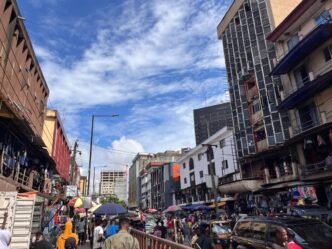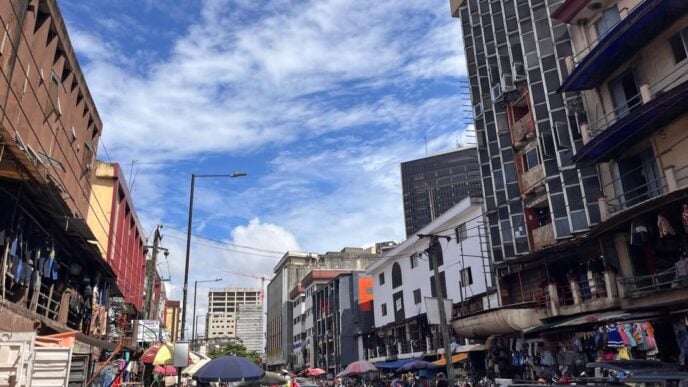BY OLUKAYODE THOMAS
Few broadcast aficionados would envy Rotimi Pedro, the newly appointed Director General of the Nigerian Television Authority (NTA), who now faces the Herculean task of reviving the sleeping giant of African broadcasting. However, his track record suggests that in a matter of months, many would wish to trade places with him because he carries the Midas touch needed to restore one of Nigeria’s greatest national treasures.
Pedro is not the typical Nigerian success story. Easy-going, unassuming, and known for working quietly behind the scenes, he has never been one to boast of his achievements. At ease with both the elite and the masses, Pedro is distinguished not only by his hunger for excellence but also by his unwavering desire to leave behind lasting legacies.
Results define his career. When organisers of the 2003 All-African Games in Abuja wanted to secure a high-profile friendly match to inaugurate the MKO Abiola National Stadium, Pedro delivered Brazil, the reigning world champions at the time. The star-studded side — featuring Ronaldinho, Adriano, Luis Fabiano, Lúcio, and Dida — thrilled the Nigerian crowd, even as they beat the Super Eagles 3-0.
When the national team later faced a drought of quality friendly games, Pedro again stepped up by founding the Unity Cup in 2004. From its modest beginnings at Charlton Athletic’s Valley Stadium in London, the tournament has grown into a major football and entertainment event.
By the 2025 edition, held at Brentford Community Stadium, the Unity Cup had become a spectacle that drew top dignitaries, including the Mayor of London.
Advertisement
Pedro’s most ambitious intervention, however, has been his attempt to reposition the Nigeria Premier Football League (NPFL) for global television markets. His argument is compelling: if South Africa’s league rights fetch $250 million and nations like Egypt, Tunisia, Tanzania, and Ethiopia earn millions from their leagues, then Nigeria — a nation obsessed with football — should demand even more. From the outset, he insisted that the NPFL broadcast hub must be domiciled in NTA Abuja, not abroad. That, he declared, would be his enduring legacy.
Ironically, when Pedro started the project early last year, he never thought that he would be named the DG of NTA
So, who is Rotimi Richard Pedro? He is a seasoned media executive, consultant and entrepreneur with more than three decades of leadership across broadcasting, sports rights, and marketing communications in Africa, the UK, and the Middle East.
Advertisement
A visionary strategist, Pedro has managed projects worth over US$350 million, transforming African media into a global player. A trained entertainment and intellectual property lawyer, he also holds an MSc in Investment Management & Finance from City University Business School, London.
He began his career as an immigration lawyer in the UK before founding Optima Sports Management International in 1995, which went on to dominate sports content distribution across Africa. Under his leadership, Optima secured premium rights to the English Premier League, UEFA Champions League, FIFA World Cup, and CAF competitions for broadcast in over 40 countries. He has chaired and directed multiple high-profile organisations, from FMEIL — Nigeria’s exclusive media rating agency — to Bloomberg Television Africa, where he launched a pan-African business news channel in partnership with Bloomberg Media LP. He also spearheaded entertainment formats such as Nigerian Idol, X-Factor West Africa, and Nigeria’s Got Talent, unlocking millions in sponsorship revenue and reshaping the continent’s media economy.
Since 2018, Pedro has served as Principal Consultant to the African Union of Broadcasters (AUB), advising on the acquisition and monetisation of CAF rights across 48 broadcasters. His consultancy portfolio includes work with FIFA, UEFA, Fremantle Media, AfroSport Group, and several national broadcasters.
With degrees from the University of Buckingham and decades of industry influence, Pedro remains one of Africa’s most impactful media figures.
Advertisement
Yet, despite his vast experience, turning around the NTA will not be easy. The organisation, easily one of Africa’s oldest television stations, boasting more than 100 local and international outlets, has underperformed for years. Notwithstanding its reach and resources, the NTA still struggles for relevance; even government officials often prefer private stations when they have messages to air, paying heavily for services that NTA should naturally provide.
The potential for a turnaround however remains enormous. The network’s infrastructure, equipment, and workforce could still be harnessed under a dynamic leadership that would be provided by Pedro. The greatest hurdle may be the network’s entrenched bureaucracy, which has for many years stifled creativity and reduced journalists to civil servants. Chronic underfunding, poor welfare packages, and low morale have further eroded the organisation’s ability to attract and retain talent.
To restore NTA’s lost glory, government support is vital. Beyond funding, equipment and facilities must be modernised, while ministries and parastatals should be compelled to patronise the network. A reintroduction of TV licence fees — as practised in the UK and elsewhere — could also provide a sustainable revenue stream.
In today’s digital-first environment, NTA must embrace platforms like YouTube, TikTok, Facebook and Instagram to reach younger audiences, monetise content, and build future loyalty. Only then can it hope to rival global media giants.
Advertisement
For Pedro, this appointment represents both a challenge and an opportunity. If successful, he will not only revive a once-proud institution but also cement his reputation as one of Africa’s most progressive broadcasting leaders.
Thomas is a multiple award-winning Lagos-based reporter
Advertisement
Views expressed by contributors are strictly personal and not of TheCable.


